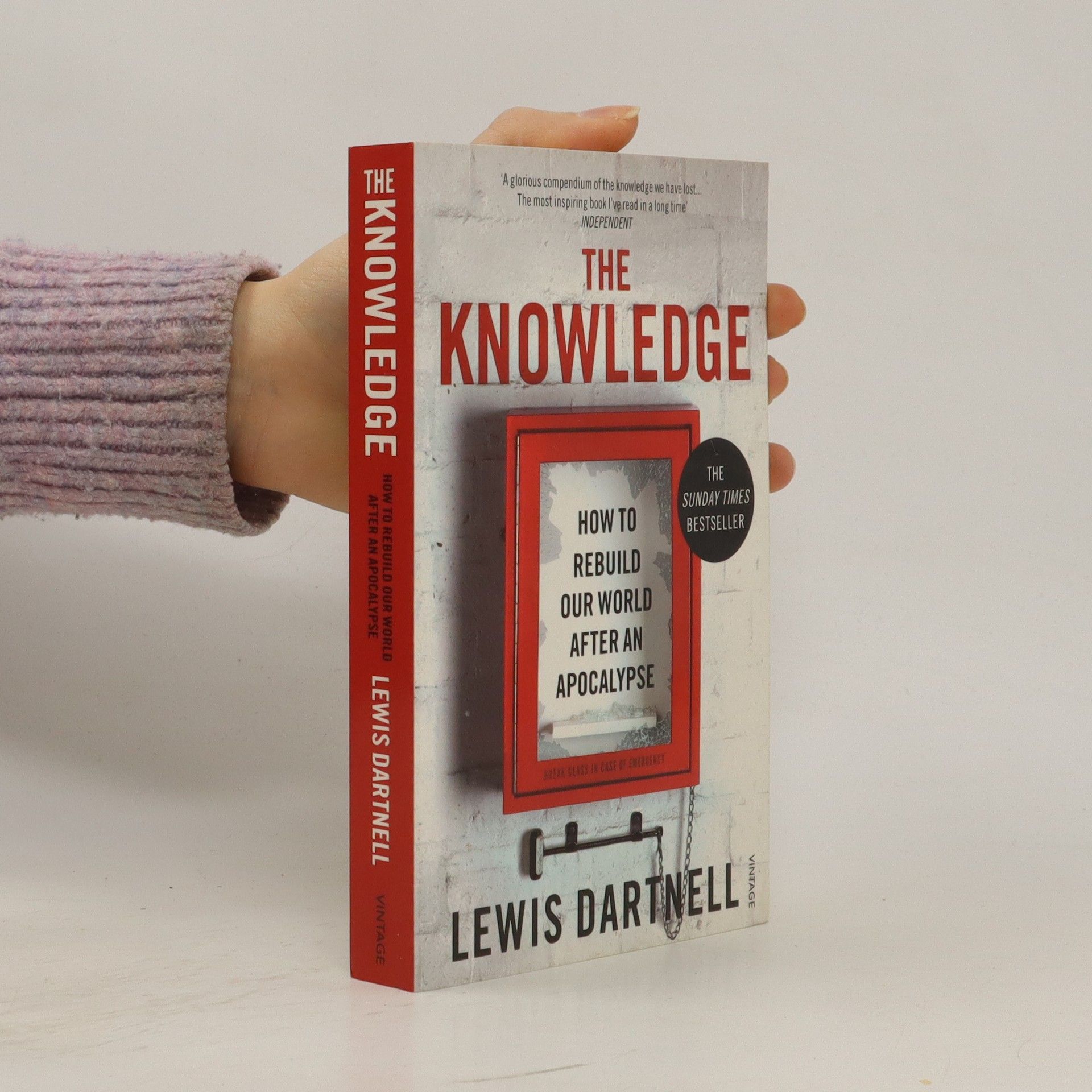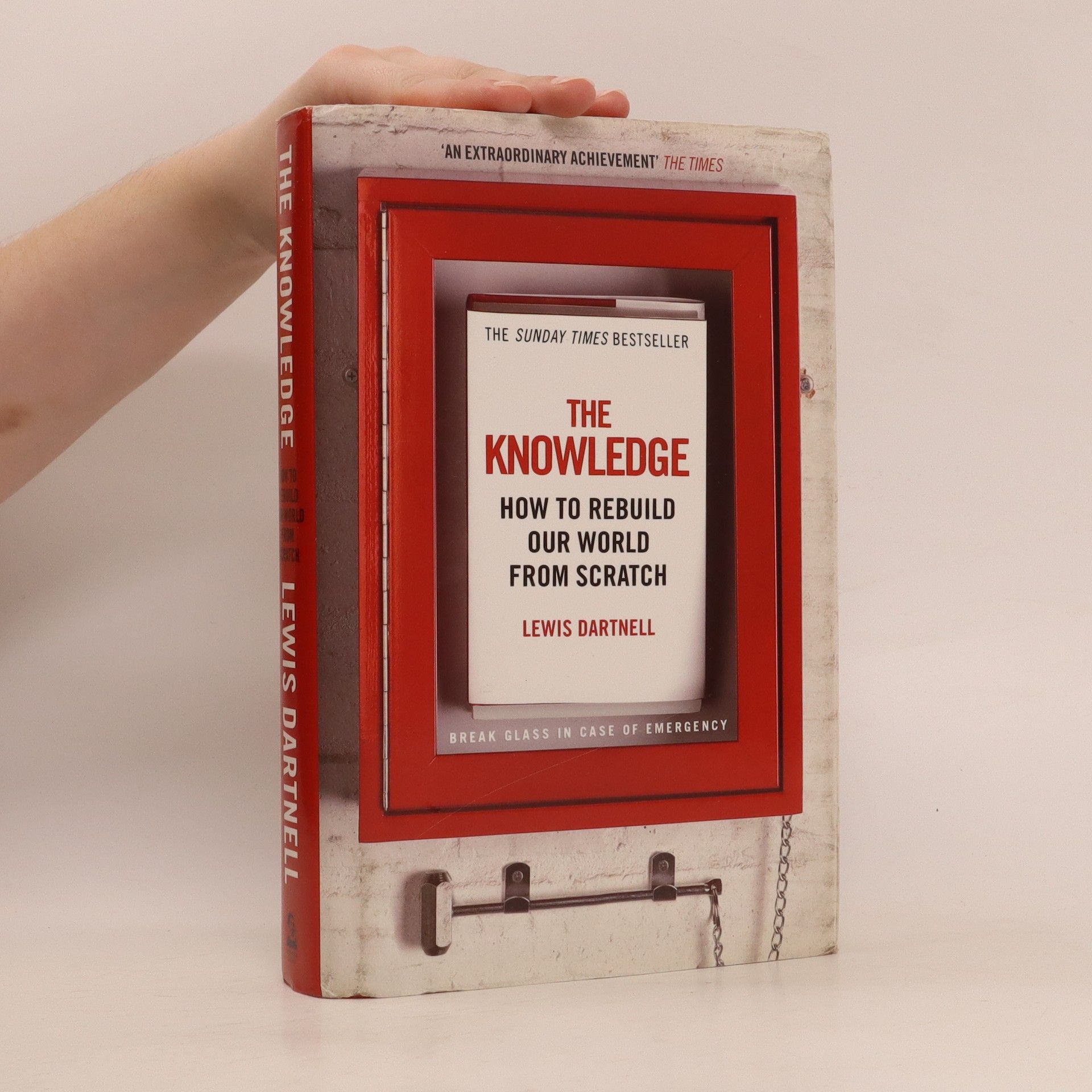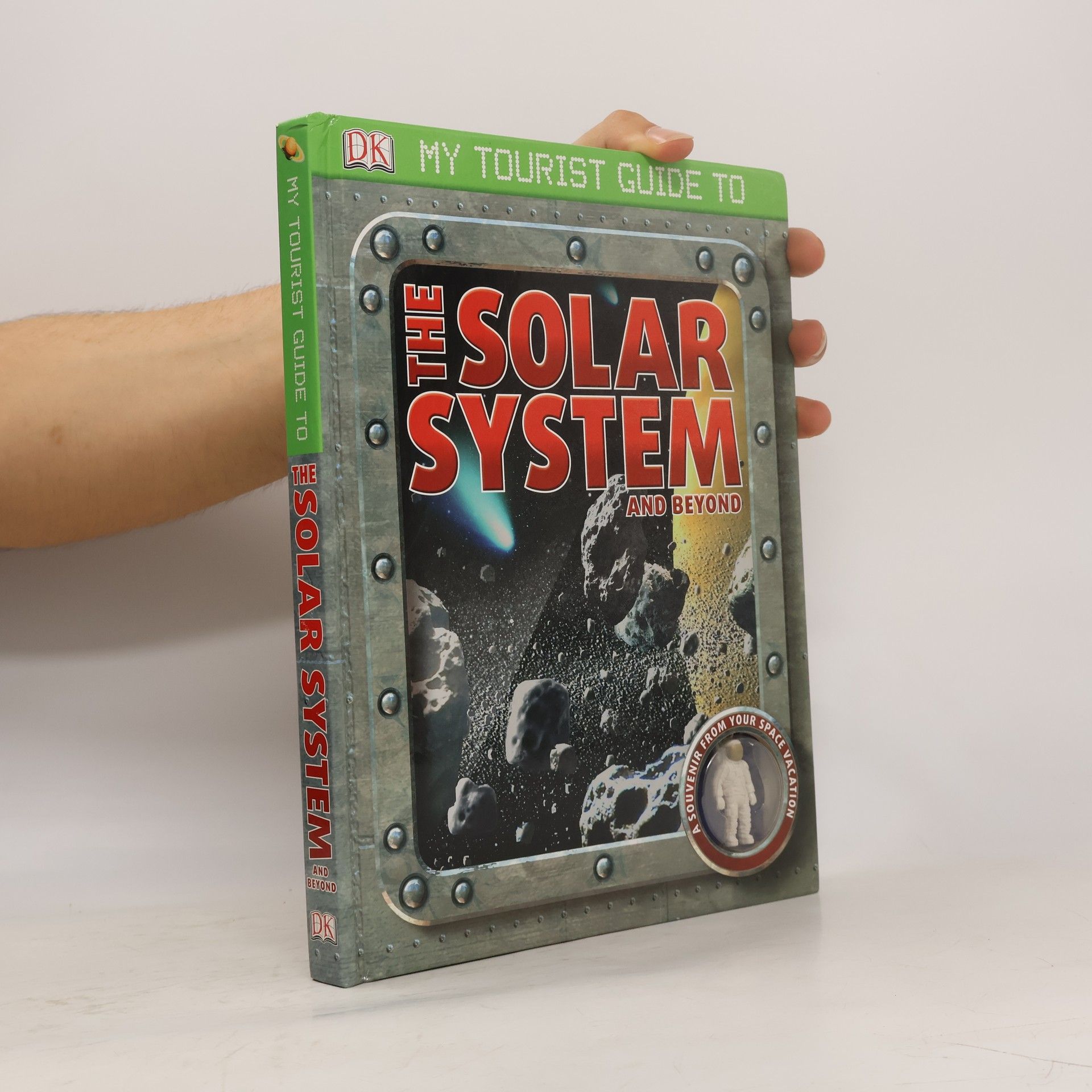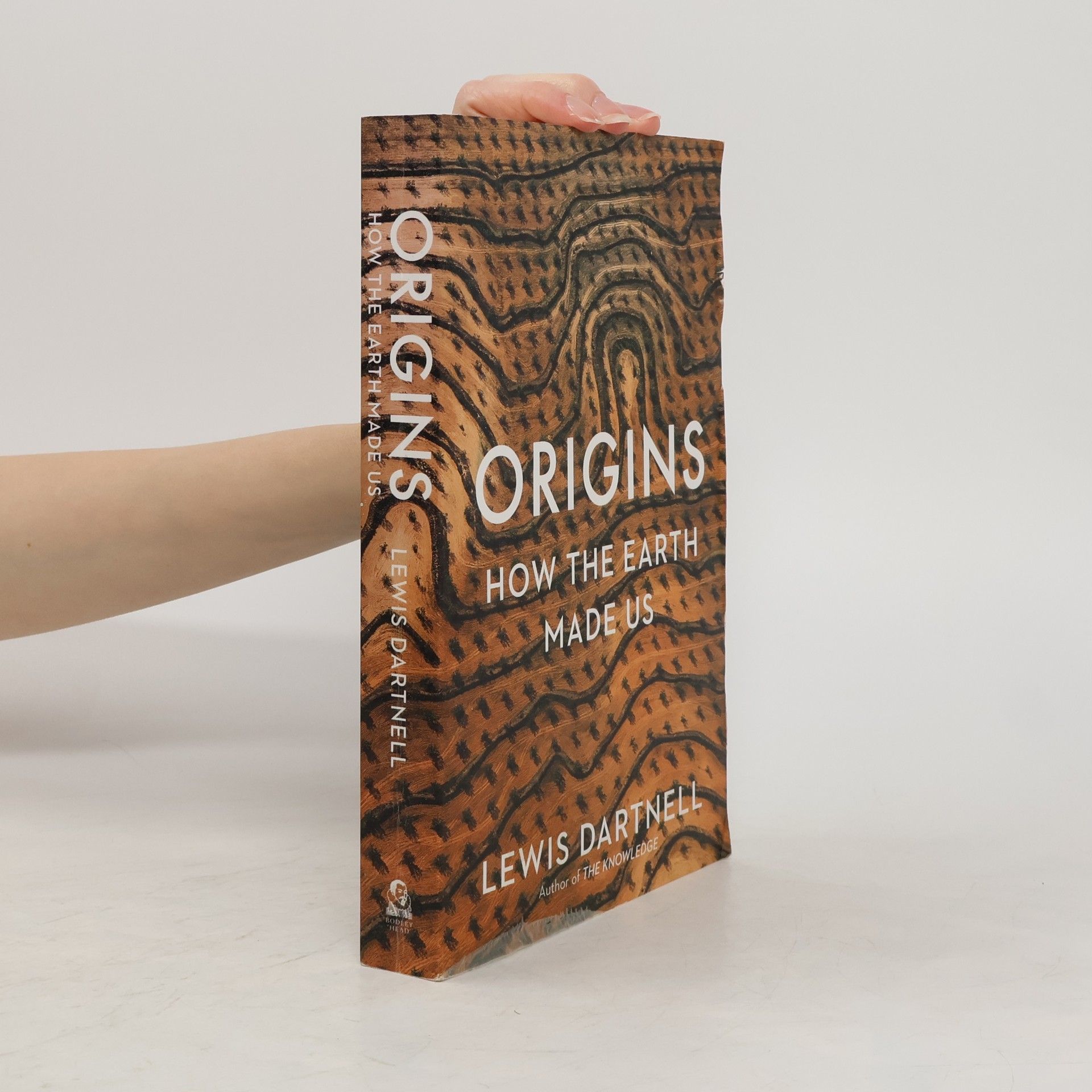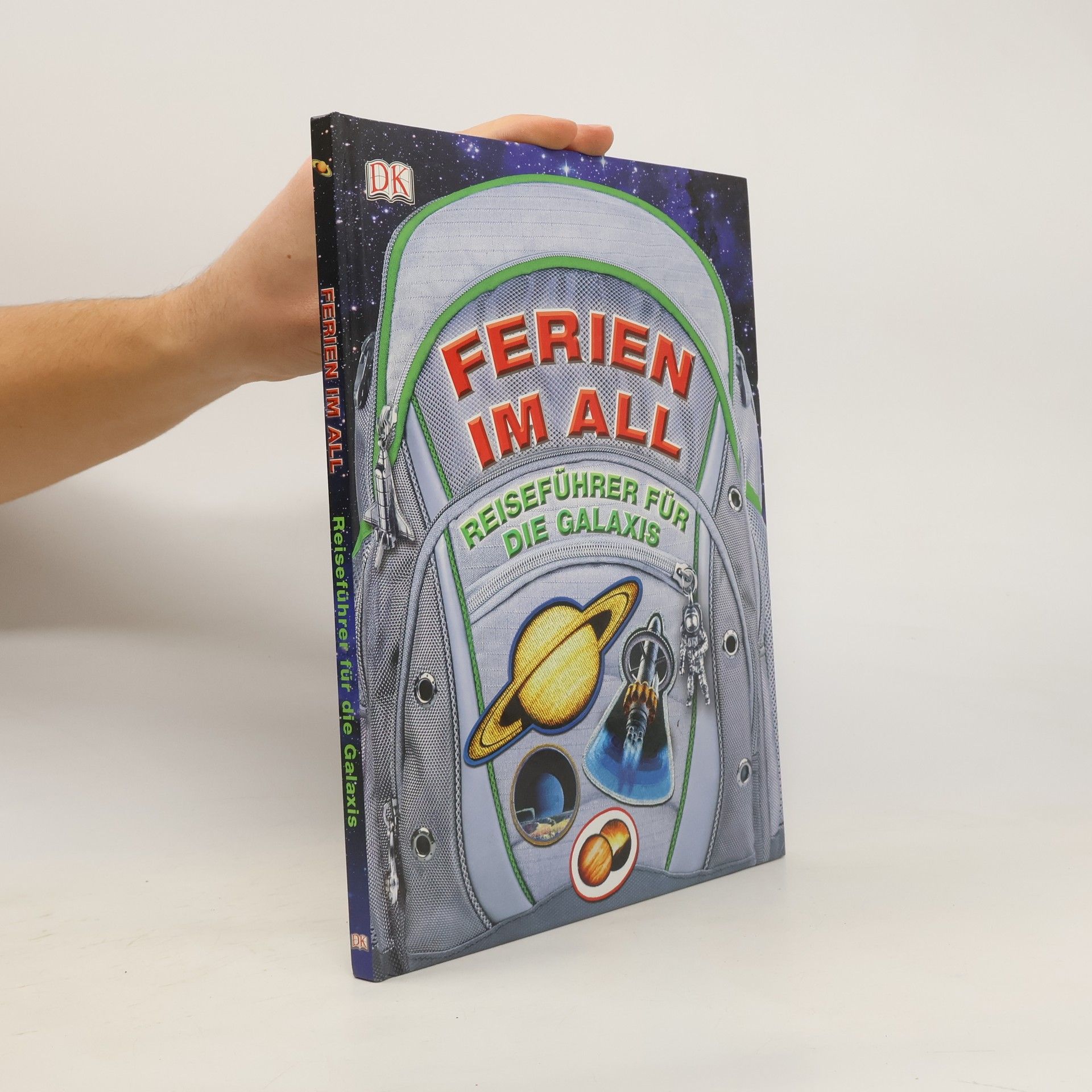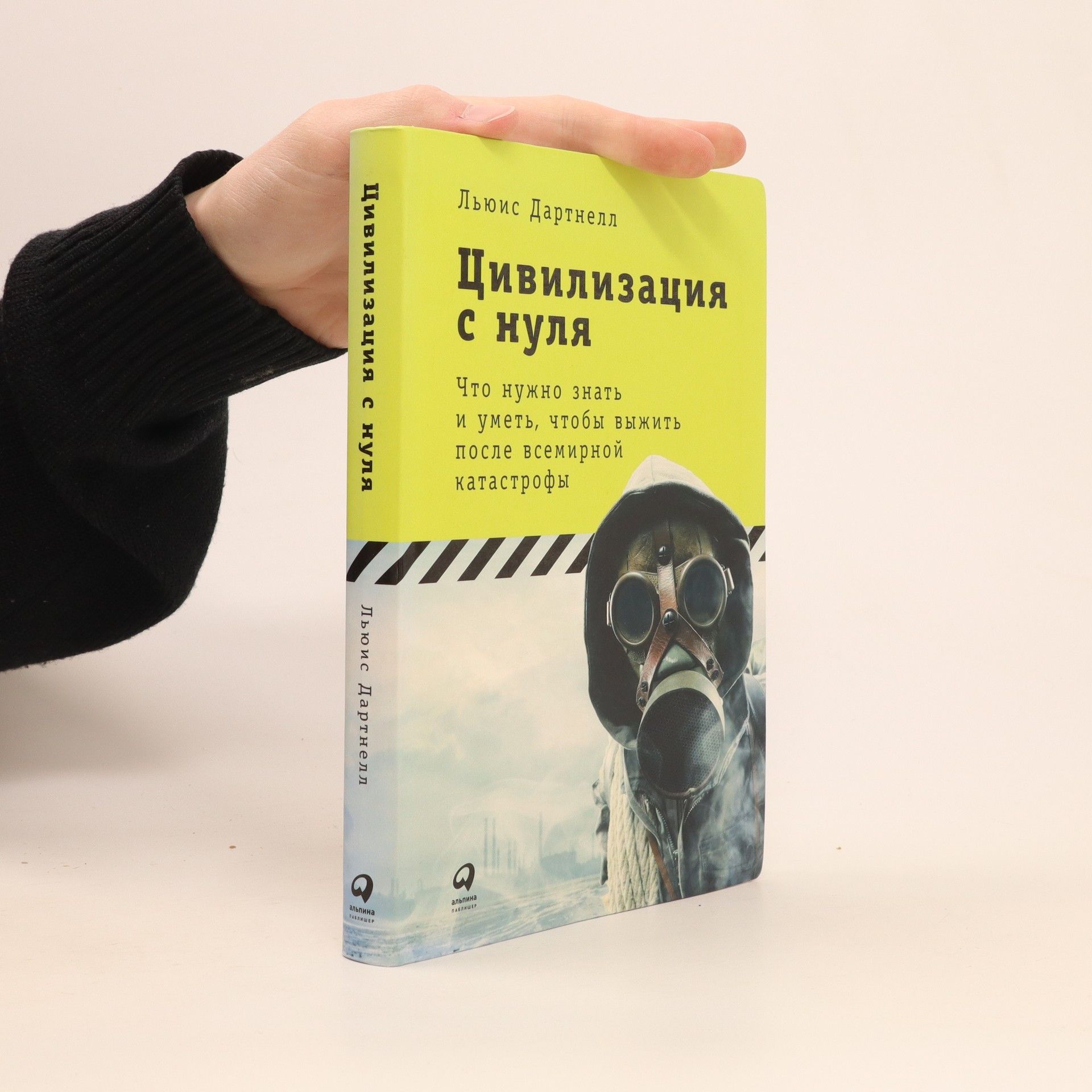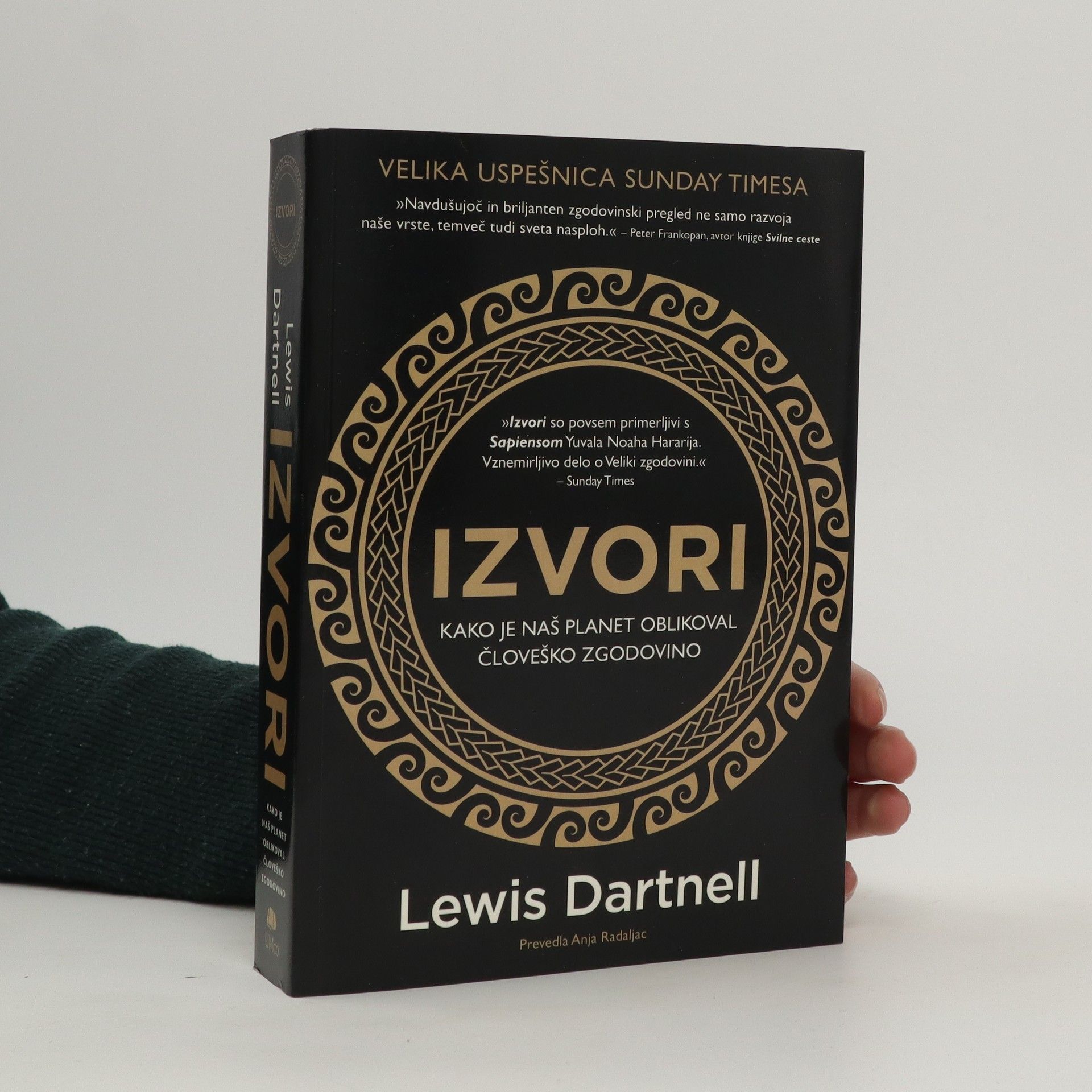Origins : how the Earth shaped human history
- 352 pages
- 13 hours of reading
Read the Sunday Times bestseller that reveals the Earth's awesome impact on the shape of human civilisations. 'Stands comparison with Sapiens... Thrilling' Sunday Times Human evolution in East Africa was driven by geological forces. Ancient Greece developed democracy because of its mountainous terrain. Voting behaviour in the United States today follows the bed of an ancient sea. Professor Lewis Dartnell takes us on an astonishing journey into our planet's past to tell the ultimate origin story. Blending science and history, Origins reveals the Earth's awesome impact on the shape of human civilisations - and helps us to see the challenges and opportunities of the future. 'A sweeping, brilliant overview of the history not only of our species but of the world' Peter Frankopan, author of The Silk Roads 'Absorbing... A first-class read - and an important one' Observer

